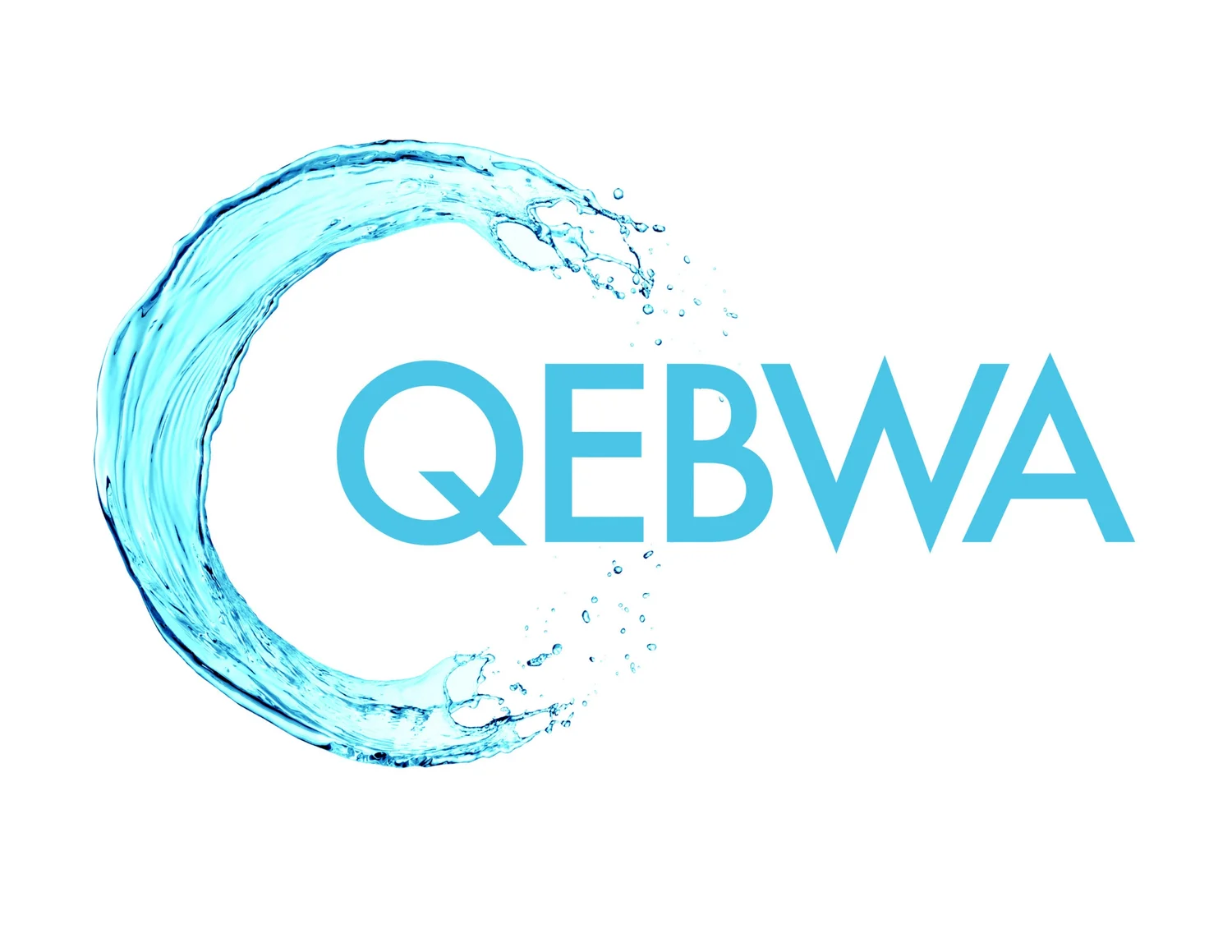Center for Drinking Water Quality
QUESTIONS AND ANSWERS FOR WATER SUPPLY CONTAMINATION PROBLEMS WHEN E. COLI IS FOUND, WHAT DOES IT MEAN?
Sometimes water testing finds E. coli/fecal coliform bacteria. Fecal coliforms and E. coli are bacteria whose presence indicates that the water may be contaminated with human or animal wastes. Microbes in these wastes can cause short-term illness, such as diarrhea, cramps, nausea, headaches, or other symptoms. They may pose a special health risk for infants, young children, and people with severely compromised immune systems. If this happens, your water system and the state Department of Health will inform you.
SHOULD I GET MY WATER TESTED?
No, because a water test will only tell you what is in your water at that time. It won't help to tell you what else is in the distribution system. Therefore, the water testing needs to be conducted on the entire system, as it has been.
WHAT CAN I EXPECT TO HAPPEN TO ME IF I DRINK THIS WATER?
Almost everyone who drinks this water will be fine and will have no symptoms at all. Those people who do develop symptoms will suffer nausea, diarrhea, cramps, and possibly a mild fever. Those symptoms are very much what you would expect from the flu or a case of food poisoning. If you get these symptoms, you should do what you would normally do with the flu. The most important thing to do is avoid dehydration. Call a doctor if an infant develops these symptoms or if you develop them and you are elderly or your immune system is weak.
DISEASES CAN I GET AIDS?
Absolutely not!
WHAT ABOUT CHOLERA OR TYPHOID?
There are no cases of cholera or typhoid reported in New England so the risk is extremely low.
HOW LONG IS THIS PROBLEM GOING TO LAST?
As soon as the Department of Health and the water system are assured that the water is safe, the boil water advisory will be lifted.
CAN I WASH MY CLOTHES?
Yes.
CAN I WASH MY DISHES?
Dishwasher – using a dishwasher with a sanitizing cycle is recommended; if a dishwasher does not have a sanitizing cycle follow the hand washing of dishes step below. Hand washing of dishes - Wash in warm soapy tap water; rinse in pre-boiled or bottled water.
WHAT IF I WASHED IN OR DRANK WATER ALREADY?
There is nothing that you can do about the exposure you have already received. If you develop any symptoms, follow the above recommendations. Make sure you use only pre-boiled or bottled water for any cooking or food preparation, drinking or bathing of infants between now and when you are told the water is safe.
CAN I SHOWER OR TAKE A BATH?
Yes, provided you don't swallow the water. Young children should not be bathed in this water. The danger in bathing infants and young children in this water is that they often swallow some accidentally. To prevent this, bathe your children with pre-boiled or bottled water or give them sponge baths using only a small amount of water. There is no problem with bathing nursing home or elderly patients unless there is any possibility of them swallowing the water. Patients with open sores should not be bathed even under normal conditions. Don't use swimming pools as a substitute for bathing. The tap is safer. In any case, make sure that your pool is properly chlorinated and you have a test kit to determine the amount of chlorine.
COOKING
Use pre-boiled water for all preparation of food. If food is to be cooked in water, it is acceptable if the water is pre-boiled more than one minute.
FILTERS are unacceptable for removing the bacteria.
ICE MACHINES, VENDING MACHINES, or SODA DISPENSERS that are directly connected to the water supply cannot be used.
COFFEE MACHINES - directly connected to the water supply cannot be used unless they are able to heat water to boiling and hold it for at least one minute before making the coffee. Bottled or previously boiled water may also be used.
CAN I WATER THE GRASS OR GARDEN?
Yes, but wash fruits and vegetables in pre-boiled or bottled water before eating them.
WHAT ABOUT MY PETS?
Pets are not affected by the same diseases as humans and therefore feeding them tap water and bathing them in tap water will not be a problem. If you are still concerned, however, feed them bottled or pre-boiled water.
QUICK TIPS
Tap water can be used for: Washing clothes, Dishwasher with sanitizer, Showers (adults & children),Toilets, Pets, Cleaning surfaces
Use boiled water for: Washing food (Filters do not remove the bacteria), Cooking food, Bathing infants/toddlers, Rinsing dishes done by hand, Making ice cubes , Brushing teeth, Infant formulas
Questions about this fact sheet should go to 222-6867 Monday through Friday 8:30AM to 4:00PM.
